Self-reflection time: do you ever do any of these things while you’re supposed to be listening? Do you ever do them when you are listening to your students?
Fake noises: Uh-huh, uh-huh, uh-huh... With your encouraging noises and body language, it might seem like you are listening – but your mind is really somewhere else.
Assumptions: Rather than listening to what the speaker is trying to tell you, you make assumptions about what they have said, based on things like how they look or what they said last week.
Yeah, but…: It doesn’t matter what the person says – you are going to come up with a counterargument!
My turn yet?: Instead of mindfully focusing on the speaker and making sure you understand, you spend your time preparing your own point.
You need to…: You have an answer for everything. Whether or not the person asked, and regardless of whether you have all the facts, you go ahead and offer your advice and solutions.
You can probably think of some more listening pitfalls to add to this list. Talk to your students about the value of good listening, and have them do their own self-reflection. Have they ever noticed someone doing the above behaviours? How did that feel? Have they ever done these to someone else? What was the situation? Could they listen better next time?
An activity to get your class talking to each other after the holidays
Seasonal versions of some well-known oracy games
A structure which develops speaking and listening, and can be used across the curriculum
Learners recall fiction, processes, explanations and more by listening and building on what others have said
Three steps to help your class develop their listening skills
A detailed description including building, helping, sharing and working together
It’s great that they are motivated to speak next, but are they really listening?
How do they want to behave to become great 4C thinkers?
Show your pupils that you are trying to understand their thinking
A fantastic, free resource to help your pupils develop their creative listening skills




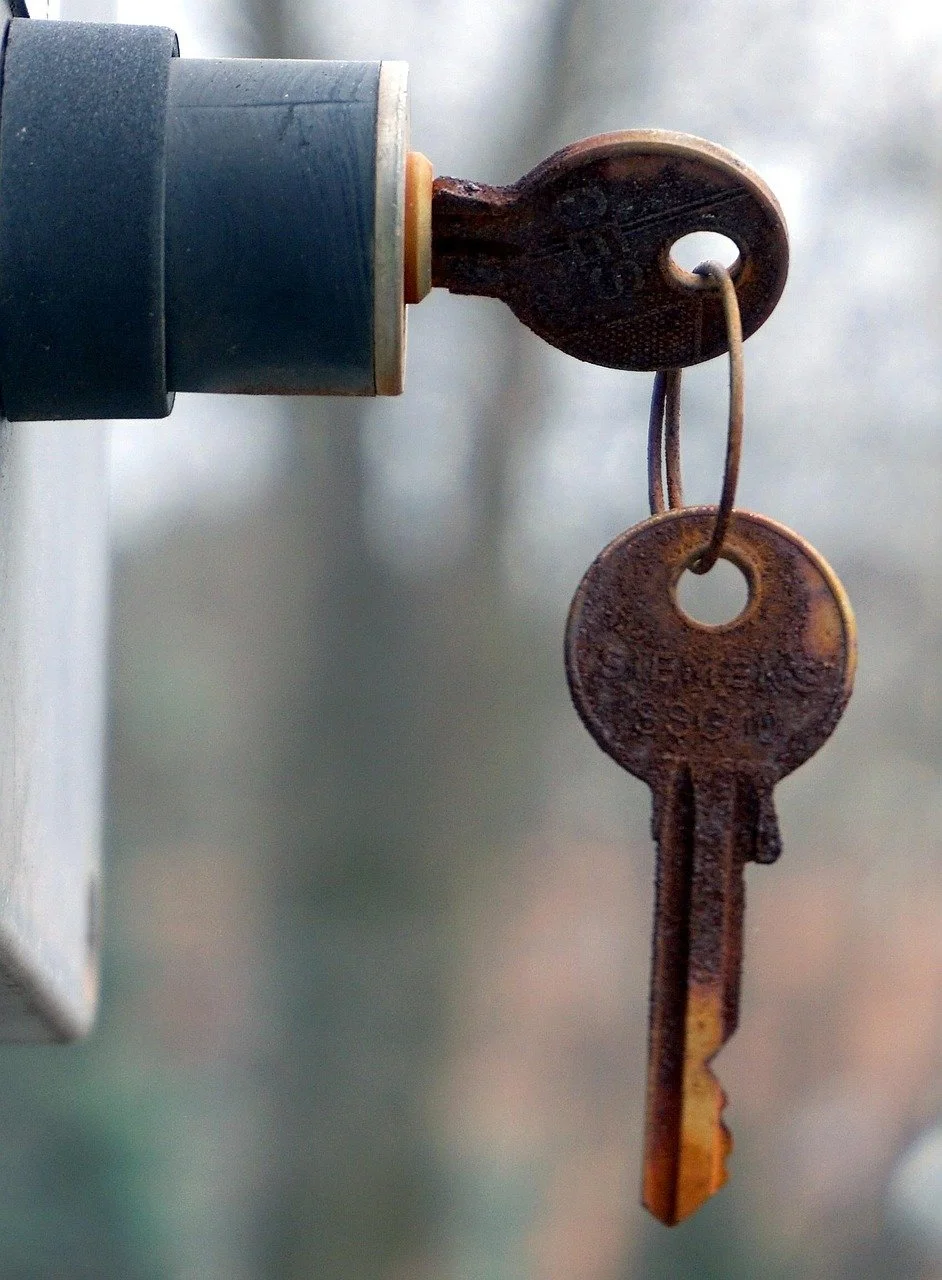
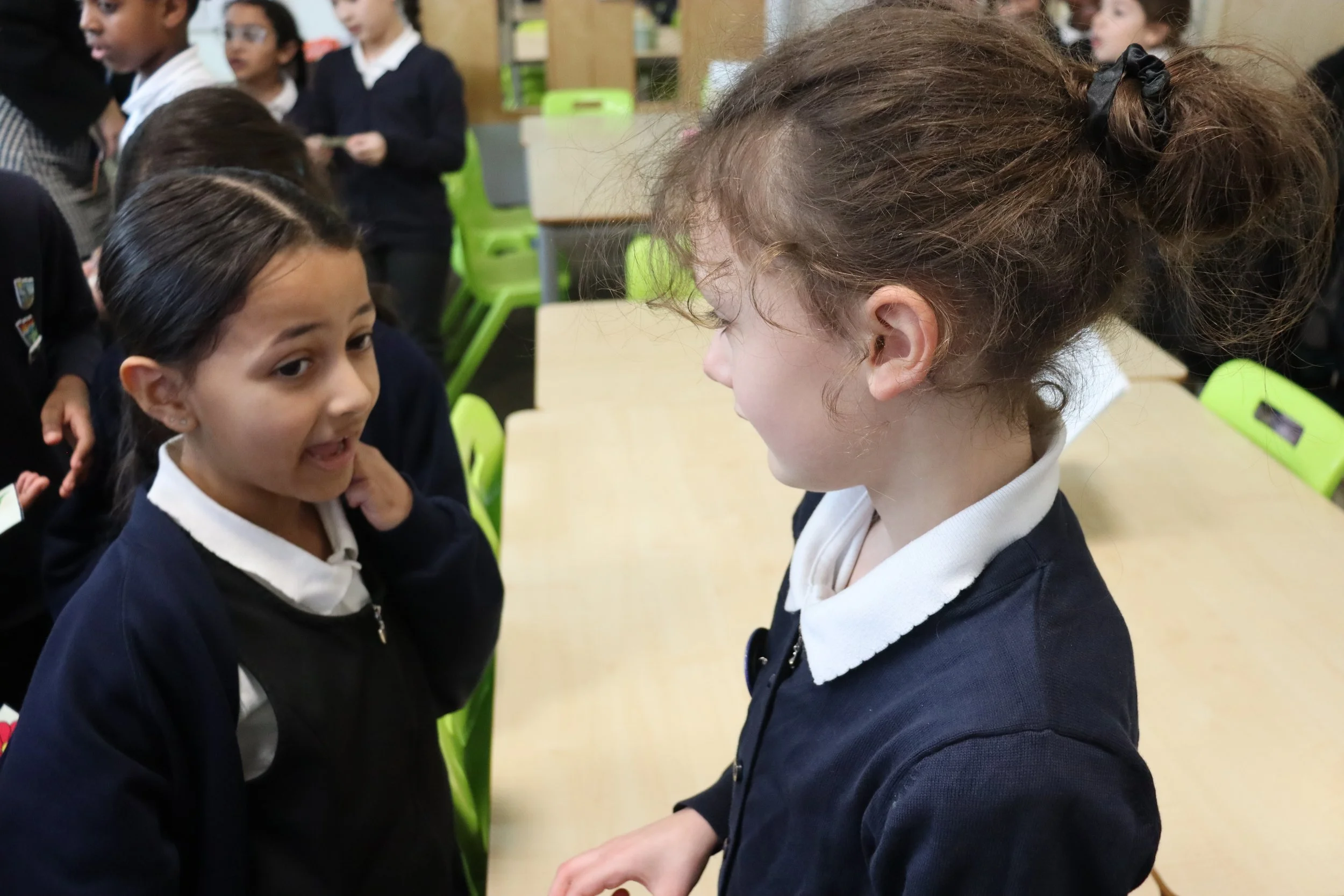








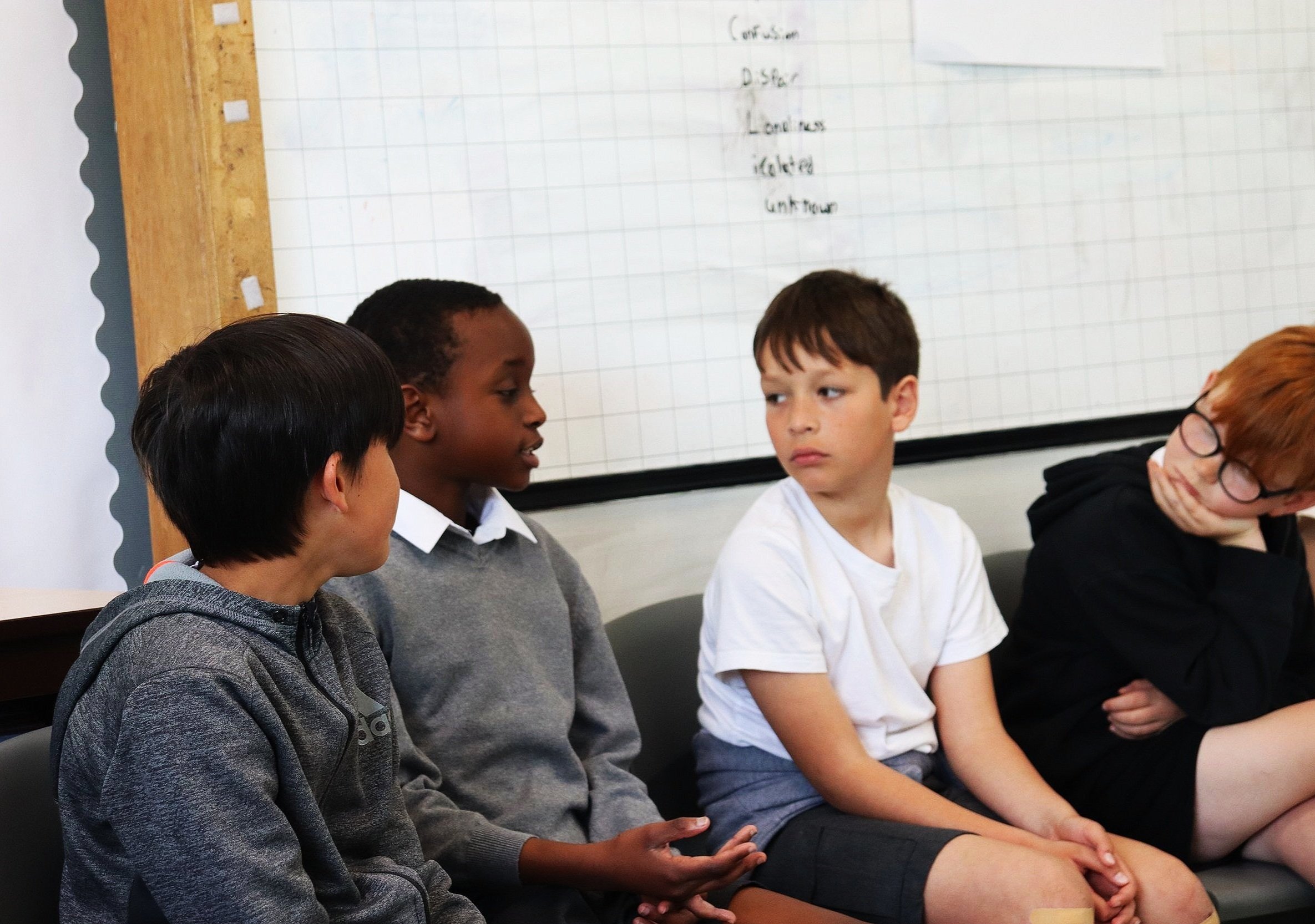



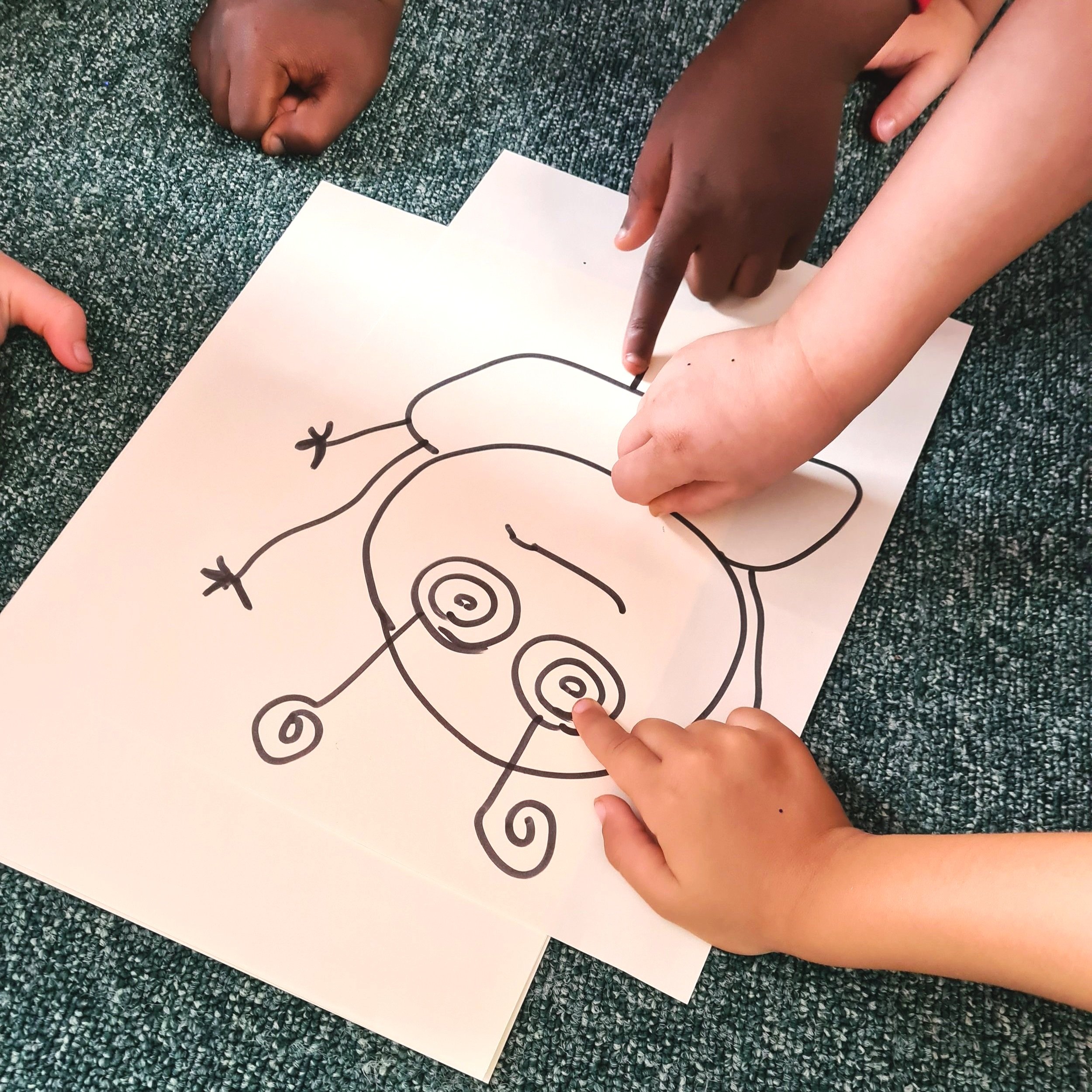





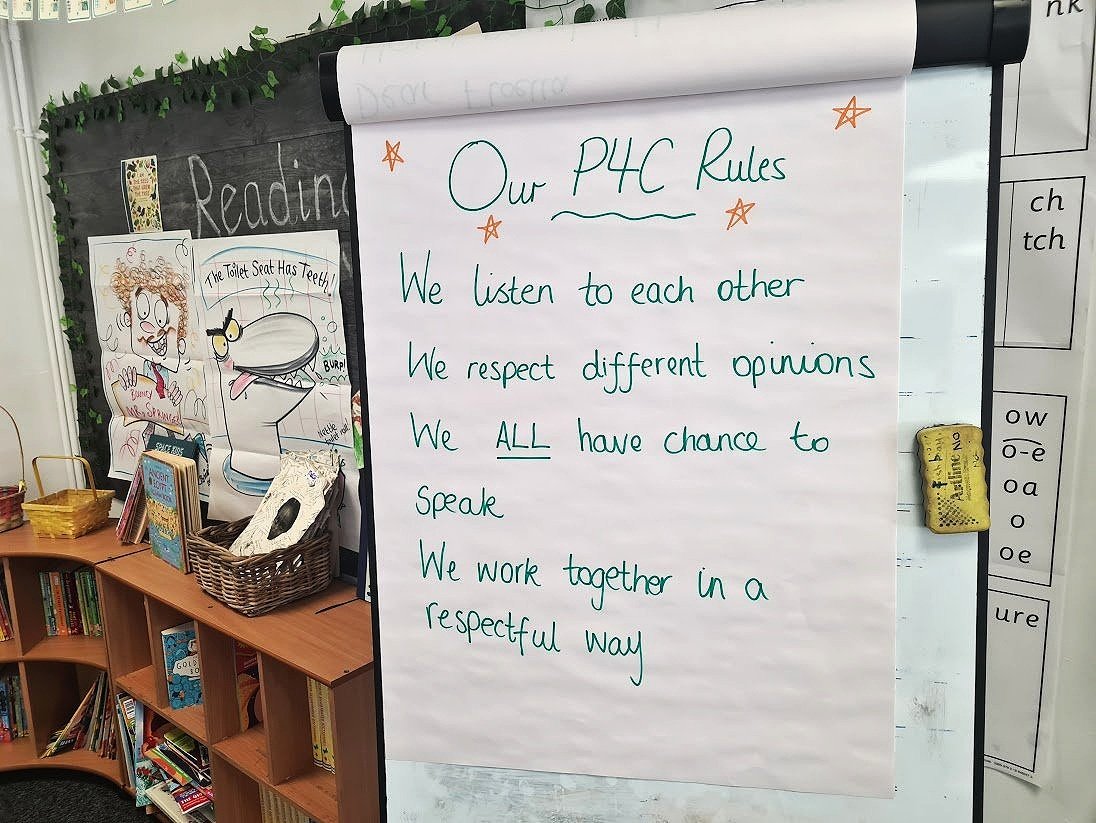





Can they remember what everyone else said?